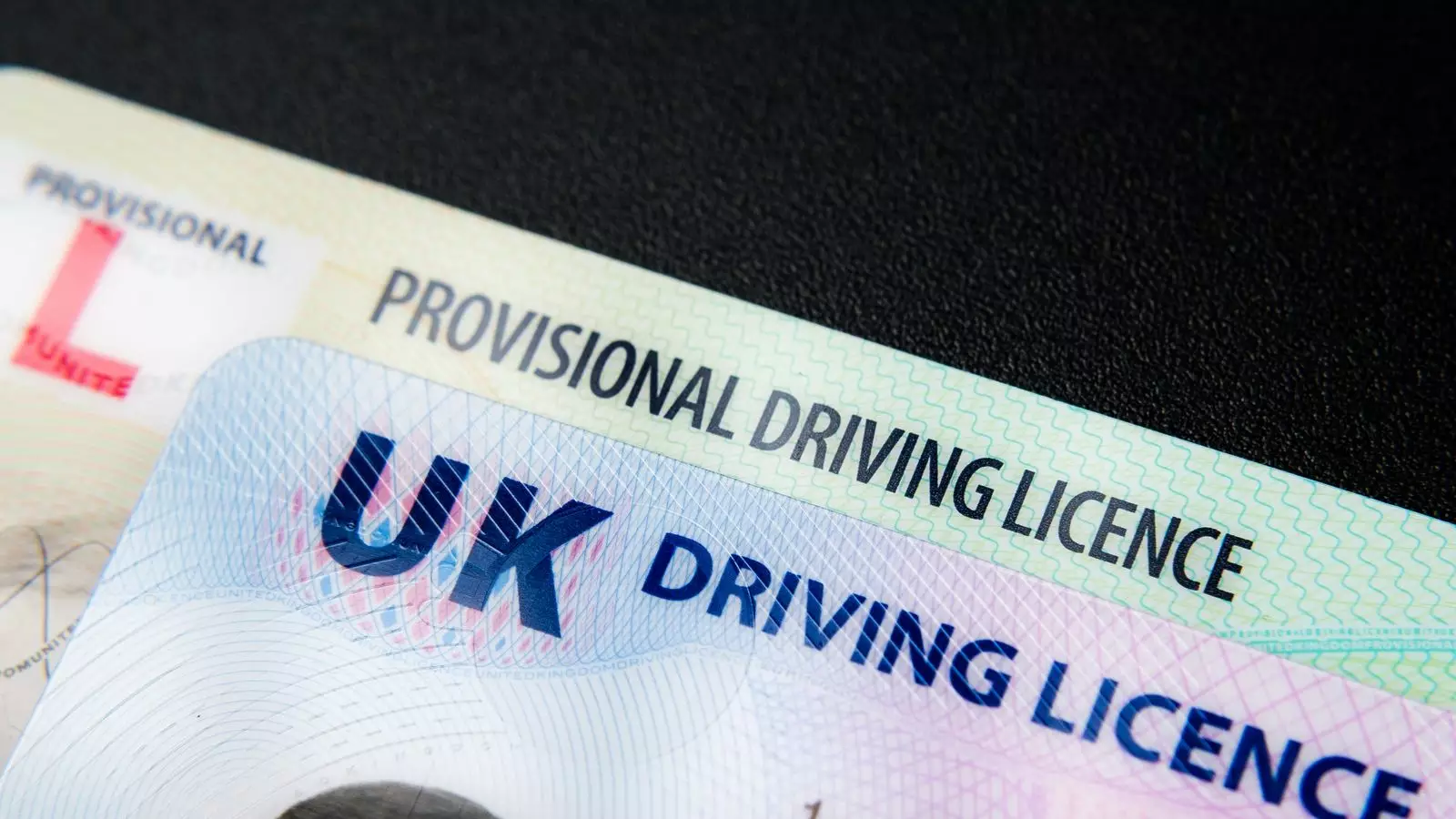The concept of national identification systems has long been a topic of discussion around the globe, but in the United Kingdom, the absence of such a scheme has recently come under increasing scrutiny. With only a handful of developed nations lacking a formal ID system, the UK stands out in a landscape that many argue is evolving towards digital verification. As various stakeholders advocate for the adoption of a digital ID, the implications ripple across economic, social, and ethical dimensions.
Research indicates that the UK is one of only six out of 38 OECD countries that do not implement a national ID card system. The other nations sharing this distinction include Australia, Canada, Ireland, New Zealand, and the United States. While these English-speaking countries have varied rationales for resisting identification schemes, the consensus among proponents suggests that digital IDs facilitate efficiency and security within public and private sectors. The absence of a structured system in the UK has raised questions about the potential benefits of adopting a digital ID, particularly concerning the management of public services and bureaucratic hurdles.
The recent comments made by former Prime Minister Sir Tony Blair have injected new life into the ID card debate, positioning the topic as one that demands urgent reconsideration. In a piece for the Daily Mail, Blair describes the implementation of a digital ID as a transformative opportunity for the UK government. He argues that modern technology provides a pathway to more efficient governance, potentially lowering taxes while simultaneously enhancing services. Blair’s assertion that “our present system isn’t working” underscores a belief that embracing change is not merely beneficial but necessary.
While Blair’s Institute for Global Change posits that an ID scheme could have substantial economic returns—the projected savings of £2 billion a year for the Treasury—concerns remain prevalent. Critics argue that any move towards digital identification could infringe upon civil liberties, suggesting that a national ID system may inadvertently pave the way for intrusive government surveillance. The tension between the need for efficient governance and the protection of personal freedoms sits at the heart of this debate.
Proponents of digital ID systems often cite economic advantages as compelling reasons for implementation. A notable analysis conducted by McKinsey in 2019 suggested that the UK could experience a GDP increase of 3% by adopting a streamlined identification system, which could enhance access to public services and reduce bureaucratic barriers. In an age where efficiency is paramount, the potential for ID cards to simplify administrative processes cannot be overlooked. However, the economic argument must be weighed against the ethical and privacy concerns that accompany such initiatives.
A closer examination of global trends reveals that nations like Norway, Hungary, and Japan have successfully integrated ID schemes over recent years, illustrating a growing acceptance of such identification systems. In contrast, the UK’s hesitance has been marked by divergent government stances that recently vacillated between openness to the idea and outright dismissal. Business Secretary Jonathan Reynolds’ comments were subsequently undermined by inconsistent messages from Home Secretary Yvette Cooper, leading to confusion about the UK’s position on digital ID.
Legislation currently being proposed aims to facilitate the creation of “digital identities” without making them mandatory. Such an approach may seem appealing to a government wary of public backlash against compulsory ID cards. Nonetheless, the lack of a clear framework surrounding these digital identities raises questions about their effectiveness and implementation. What safeguards will be in place? How will the government assure citizens their data won’t be compromised or misused?
As discussions around digital ID continue to unfold, it is vital for UK policymakers to tread carefully. Engaging in transparent dialogue, addressing public concerns, and respecting civil liberties must precede any legislative action. The critical examination of digital identification not only involves a cost-benefit analysis but also necessitates an ethical framework that safeguards personal freedoms. The solution may not lie in the adoption of mandatory national IDs but in creating a system that is responsive to the needs of the citizens it aims to serve. By focusing on these principles, the UK can chart a course toward modernizing its identification practices while maintaining trust and integrity in governance.


Leave a Reply